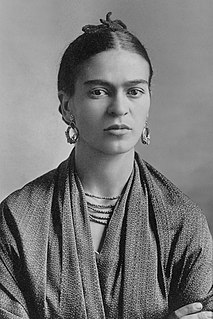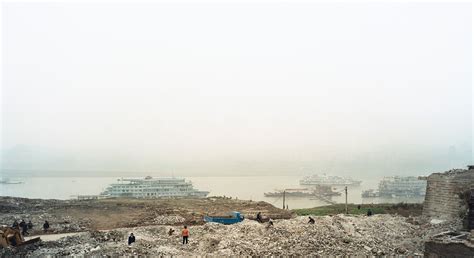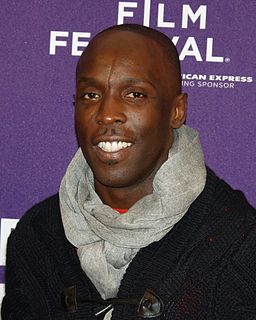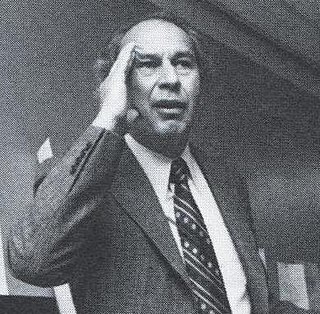A Quote by Ayn Rand
A culture is made — or destroyed — by its articulate voices.
Quote Topics
Related Quotes
In a thousand voices singing the Hallelujah Chorus in Handel's "Messiah," it is possible to distinguish the leading voices, but the differences of training and cultivation between them and the voices in the chorus, are lost in the unity of purpose and in the fact that they are all human voices lifted by a high motive.
Every time I would arrive in China I would go through a few days of depression from being reminded of both short-term and long-term ruin; the ruining of the city that is happening in the short-term, and the ruining of culture and history that has happened over decades. When you see a building that says so much about the culture that built it being destroyed, there are a lot of emotions. You feel a lot of anger when you see a building being destroyed and realize that it's just a small part of what's going on in the entire country.
My childhood was pretty colorful; I like to use the word turbulent. But it was a great time to grow up, the '70s and '80s in Brooklyn, East Flatbush. It was culturally diverse: You had Italian culture, American culture, the Caribbean West Indian culture, the Hasidic Jewish culture. Everything was kind of like right there in your face. A lot of violence, you know, especially toward the '80s the neighborhood got really violent, but it made me who I am, it made me strong.






































